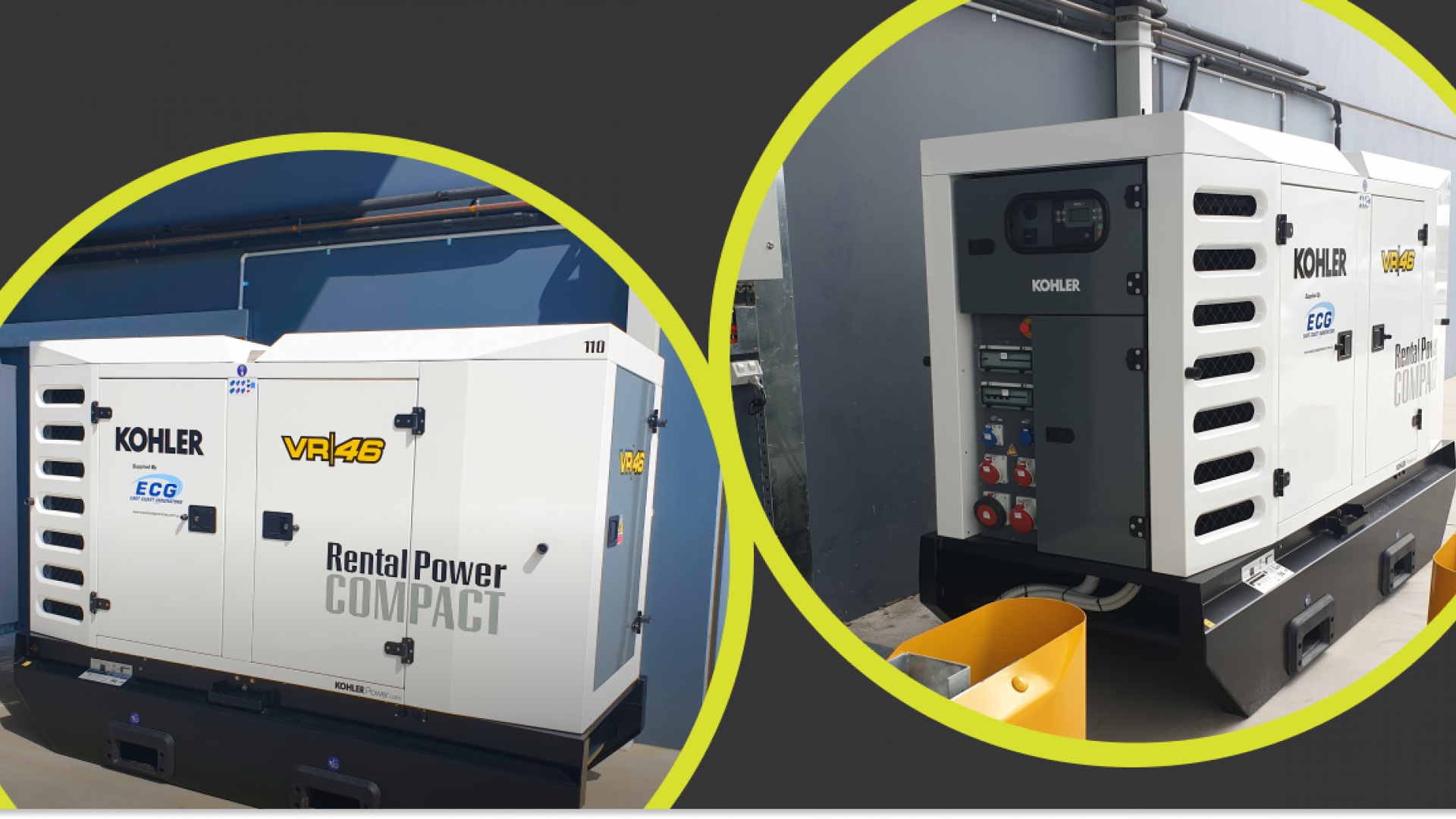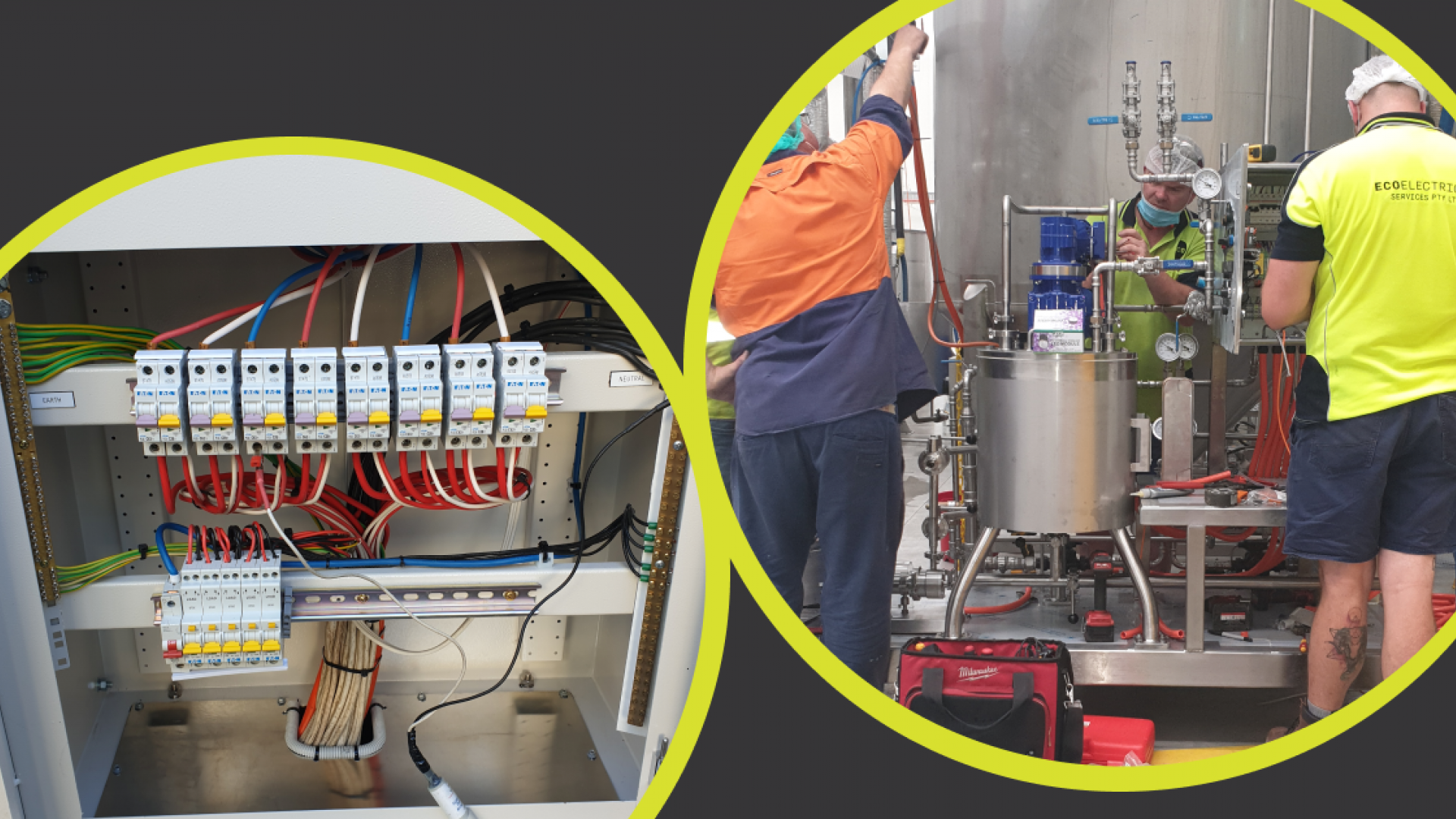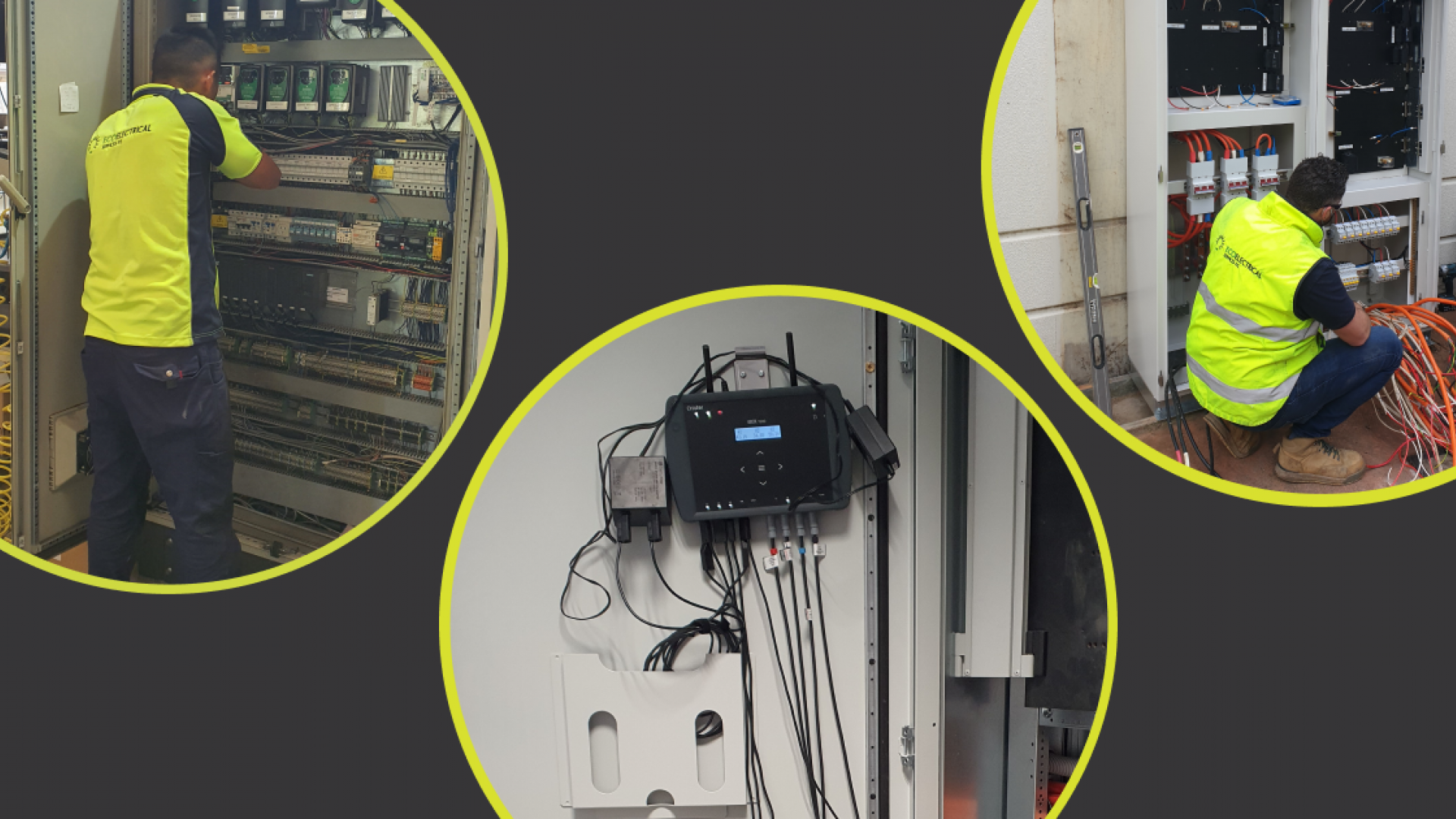Things you should know before installing a backup power generator
WE HAVE A CLOSER LOOK
CALL NOW FOR FAST ASSISTANCE
1300 326 353
Commercial backup power generators come in all different sizes, brands and models. If you're thinking of getting one for your business, you're basically spoilt for choice. However, that’s not necessarily a good thing because it might make it a bit challenging to pick the best power backup generator for your business.
But don’t worry if you’re not familiar with the technical jargon often used to describe generators or the whole concept of backup power. For starters, you don’t really need to know a whole lot about generators anyway – just these three things:
The generator’s power rating and capacity
The most important characteristic of a generator is its output power capacity. A generator’s power output is rated in Watts (W) or KiloWatts (kW) and can range from just a few dozen Watts to hundreds of KiloWatts. This rating tells you how much electricity a generator delivers and consequently how much electrical load it can support.
Anything between 10 kW and 25 kW can sufficiently power a small office building, but you might need a more powerful generator to support a larger enterprise. But it all comes down to how much power your business actually needs, and not necessarily the number of employees or offices. To figure this out, have a professional run a power consumption audit on your establishment to ensure the generator matches your power requirements.
The type of generator
There are several different types of generators, depending on the various criteria for categorising them. In this case, we're focusing on backup or standby generators – those that immediately restore power in case of a mains blackout. These are generally classified based on the fuel they consume: diesel, petrol or natural gas. They all work in the same way, except their engines are different. Each type has its unique pros and cons. So, the choice here is largely based on preference, availability and convenience.
Costs
Cost is a major consideration when choosing a power generator for business. A decent backup generator is a considerable long-term investment; you want to ensure it fits the bill and brings value to the enterprise.
It’s not necessarily about getting the cheapest generator you can find but rather weighing the generator’s worth against its cost. Don’t look at just the price tag; calculate the generator’s running costs such as fuel consumption, servicing, maintenance and repairs, and sum up the installation cost as well. Some generators may also require additional electrical components to function properly. The point is, run a complete cost breakdown of installing a backup generator to avoid surprises along the way.
Each commercial generator is designed to perfectly suit a particular use case. The first step to finding the best choice is understanding your business’s power needs. From there, you can weigh the pros and cons of each type or model to make an informed decision.
Let Eco Electrical Services help you choose the right backup power setup for your business premises. Get in touch with us to discuss the best solutions for your unique power needs.
More Articles
View All Articles
Things you should know before installing a backup power generator
Commercial backup power generators come in all different sizes, brands and models. If you're thinking of getting one for your business, you're basically spoilt for choice. However, that’s not necessarily a good thing because it might make it a bit challenging to pick the best power backup generator for your business.

Warning Signs It’s Time To Rewire & Upgrade Your Electrical System
Although electrical panels, wiring and outlets are built with durability in mind, they have their usage limits. Instead of repairing and patching the wiring system, it sometimes makes more economic sense to overhaul the entire electrical system and replace old components with new ones. If you're not sure whether your facility needs commercial rewiring, here are the signs to look out for:

The importance of power quality audits
